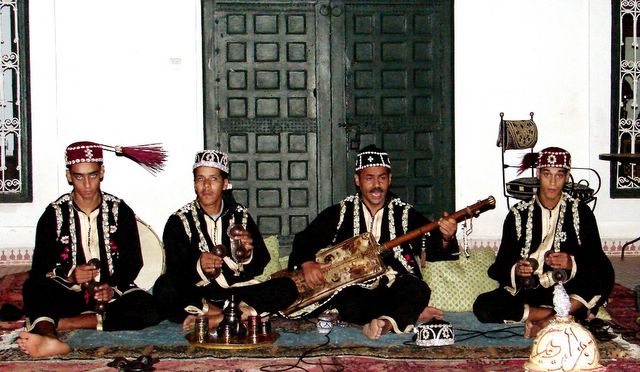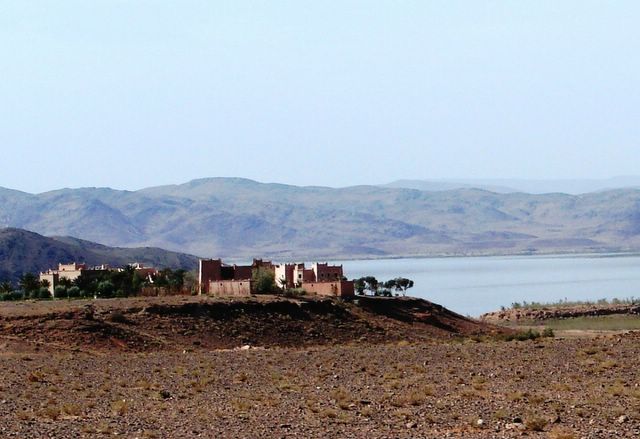On Egypt: If I can offer some advice...
If I could offer some friendly advice to the Obama Administration it would be to get with the program—quickly and in unequivocal terms. They simply cannot put a dead fish back in the water and pretend all is well with the world. The risk they run by doing so is seeing disappointment with their position quickly devolve into outright hostility. The Administration needs to understand that what is happening on the streets of Egypt is NOT like a negotiation for Health Care or Tax Cuts here in the U.S. This is a moment of truth that requires a strong stand on the side of righteousness and justice for a people who have been oppressed and abused by illegitimate rule.
If I could offer some friendly advice to U.S. lawmakers, it would be to say that this is not about you—Not everything is about you. This is about the people of Egypt and the people of the Middle East who have long suffered under autocratic rule. If some of you are going to complain that mandated health care coverage here in the U.S. is government overreach, then how can you reconcile that with the excuses you make for a police state? And please let us stop with the fear-mongering and the dire predictions of ‘Islamist takeovers’ and ‘war with Israel’. Unless you want the so-called ‘war on terror’ to be permanent, this is an opportunity to steer the Middle East on a new course—one that can lead to societies that are busy building a future for themselves rather than plotting insurrections against the status quo.
If I could offer some friendly advice to Arab rulers, both present and future, it would be to learn to govern with humility and passion for the common good of their people. Instead of loading up fleets of airplanes with luxuries on vacation getaways or building extravagant palaces where obnoxious waste abounds, strive to build your nations up to earn a respectable place on the world stage. Labor to lift your people up from what has sadly become the scourge of the world. Live up to the example of Omar Ibn al-Khattāb and not that of Hārūn ar-Rashīd. Doing so will earn you a legacy far more rewarding than the luxuries you enjoy in the present at the people’s expense.
To be sure, revolts can liberate and transform entire societies, as was the case for a number of Eastern European nations following the collapse of the Soviet Union. However, those who ride the wave to power in the aftermath of the current uprising must know that democracy is not merely a slogan. It is the foundation for sustainable government; it is a central pillar to a truly new, peaceful, and prosperous Middle East. So, unless the emerging leaders hold those truths to be self-evident, they ought to spare the people of this battered region further turmoil OR eventually meet the fate of those whose fall they seek today—Just as the Iranian theocracy will soon find out.

























